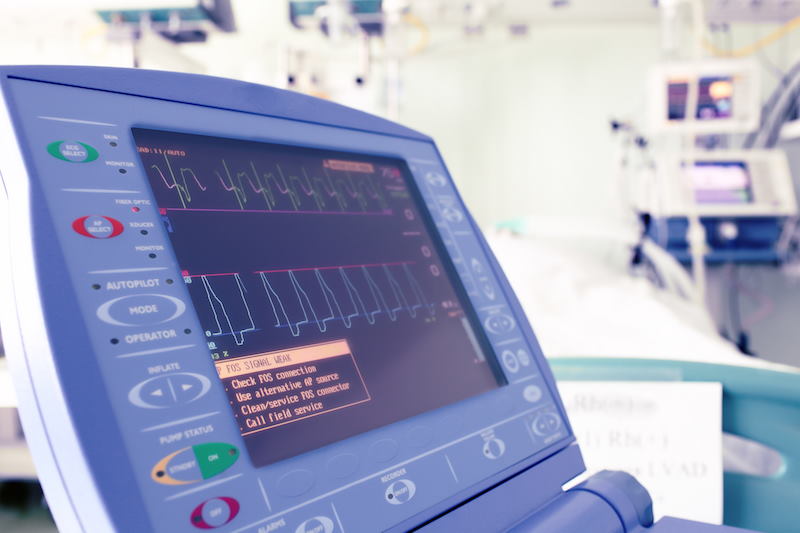
The challenge of electronic waste disposal is a daunting one, and it’s not expected to get easier anytime soon. Hundreds of millions of new devices are built and bought every month, which has created a boom in e-waste volume worldwide. Properly processed, this type of waste can produce salvageable materials of notable value. Improper disposal can threaten humans, animals and the greater environment itself.
Healthcare facilities utilize a wide range of products suitable for special handling. Their sheer numbers (and often, their relatively large footprints) means they represent a great opportunity to reduce environmental impact, while also reclaiming an abundance of valuable metals and other components. Hospital administrators have a duty to ensure that effective disposal plans are implemented in order to mitigate this global threat.
Applicable Items
When certain electronics are not disposed of properly, they can threaten the health of both people and the planet. The list of what will ultimately qualify as e-waste is long and varied, even when staying within the confines of healthcare-related goods. Some items include:
- Computer components
- Batteries and resistors
- Electrocardiogram machines
- Cathode ray tubes and liquid crystal displays
- Lab analyzers
- EKG monitors
- X-Ray, CT Scanners, MRI, & Ultrasound machines
As there are over 6,200 hospitals in the United State alone, it’s clear that the healthcare industry bears a major responsibility in controlling electronic waste.
Hospital Equipment’s Environmental Effects
The so-called e-waste stream is a problem that’s growing by the day; studies show that it’s expanding about three times faster than municipal waste in general. More worrying is that this results in dangerous amounts of mercury, lead, cadmium and other toxic chemicals being introduced into the environment. Soil isn’t all that is impacted, either; air and water are also subject to pollution in this way.
Data estimates that only a fraction of electronic devices are actually disposed of safely—somewhere between 10 and 20 percent. The Environmental Protection Agency has suggested that this accounts for at least 40% of heavy metal content found in American landfills today, even with e-waste itself representing just 2% of the overall national output.
Dispose of Medical Electronic Waste and Follow HIPAA Guidelines
Implementing Solutions
When it comes to e-waste, establishing effective partnerships is a smart first step. Hospitals and other medical environments must also be sure to abide by all relevant laws for data security in order to protect patient confidentiality. Companies like TechWaste Recycling provide comprehensive services while maintaining mindfulness to industry-specific challenges and requirements. Coupled with an environmentally-focused approach to acquiring new equipment, hospitals can do their part to mitigate the effects of e-waste in a significant way.
TechWaste Recycling directly services medical clinics and hospital throughout Southern California and provides pickup services to its facilities from nationwide locations. Visit TechWaste Recycling’s website at www.techwasterecycling.com to schedule a pickup that works for your convenience and schedule.
Learn more about TechWaste’s medical equipment recycling and decommissioning process here: Disposal of Hospital E-Waste
Contact Info:
Richard Steffens
1940 E. Occidental street
Santa Ana, CA 92705
Phone: 866-637-8469

































